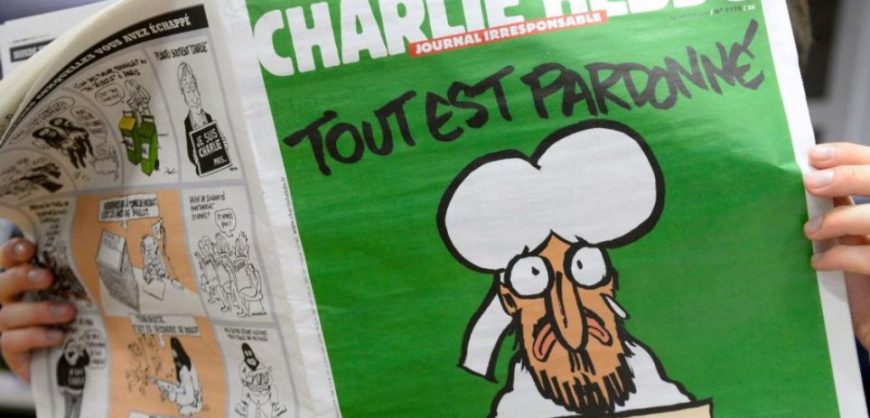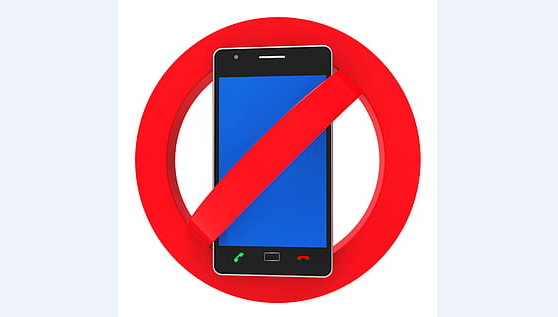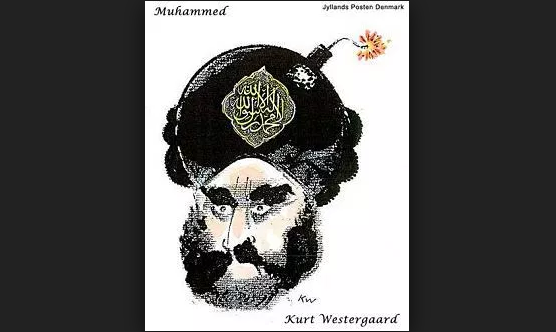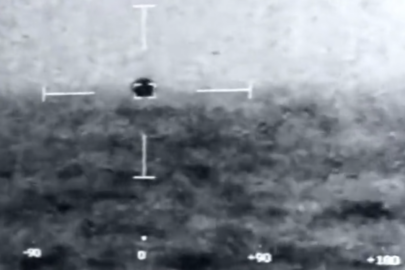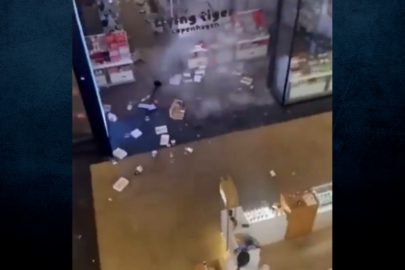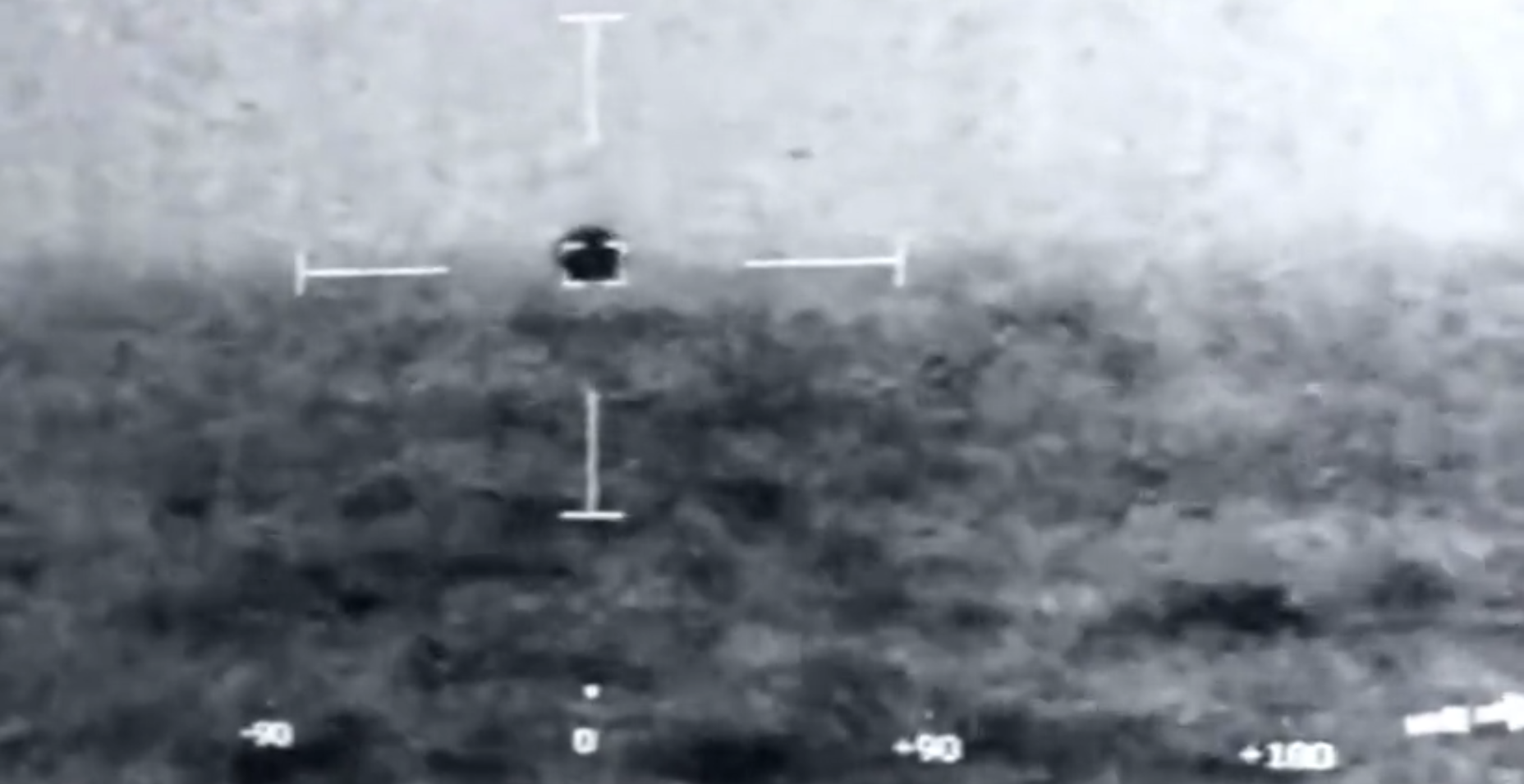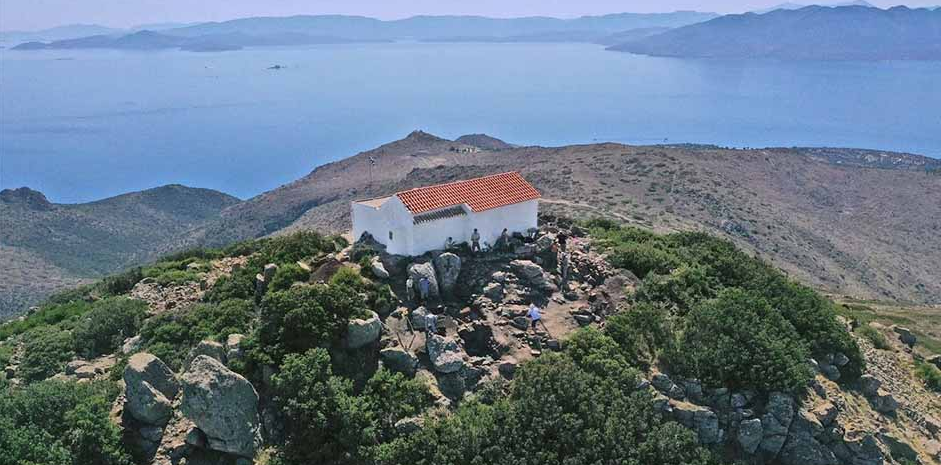Yesterday, one day before the opening of the trial for 14 defendants accused of involvement in a string of terrorist attacks in France, which included the murders of their fellow journalists and cartoonists on January 7, 2015 at their Paris office, the French satirical magazine Charlie Hebdo republished the “Mohammed Cartoons” under the title “Tout ça pour ça” (“All of that for this”). “We will never give up”, they said.
The defendants in the trial, some in absentia, “face a variety of charges related to helping perpetrators carry out attacks that killed 17 people over three days in January 2015.” In addition to the 12 victims in and around the office of Charlie Hebdo, a police officer was murdered in the street and four people were murdered in a kosher supermarket.
François Molins, then public prosecutor of Paris, recalled his arrival at the Charlie Hebdo office. He found “the smell of blood and gunpowder. In the newsroom, it is carnage. It is more than a crime scene, it is a war scene, with a frightening tangle of bodies”.
Controversial US decision “temporarily & partially” lifts the arms embargo on Cyprus
Incredible explosion in a Chinese electric car (video)
Charlie Hebdo’s editor, known as Riss, has detailed the heavy security surrounding the weekly since the terror attack. Charlie Hebdo is now subsidizing part of its own protection, spending 1.5 million euros per year. “When you take 3 euros out of your pocket to buy a copy of Charlie Hebdo, 1.30 euros goes to the distributor and with the remaining 1.70 euros the magazine pays the employees, the rent, the service providers, as well as its security”, he said. After paying an even greater price in 2015 in terms of blood, and paying an exorbitant price in terms of security, it would have been understandable for Charlie Hebdo’s editors to have stopped using their freedom of speech to subject Islam to criticism. That is not what they chose to do.
Read more: Gatestone Institute

